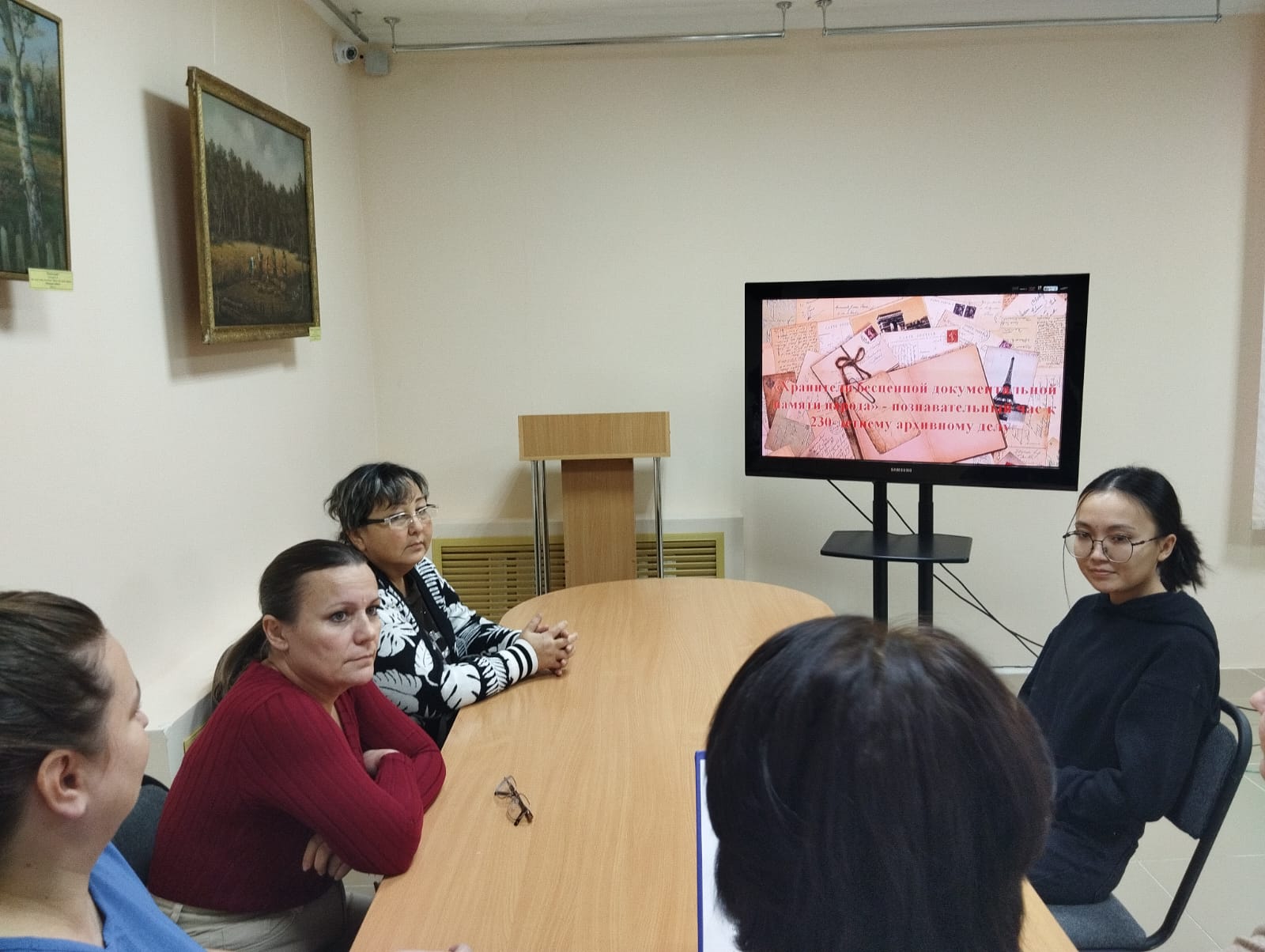Formation of the rule of law and civil society in Kazakhstan.
In the early 1990s, after gaining independence, the state established the principle of separation of powers into three branches: legislative, executive and judicial. The principle of separation of powers is very important for any democratic society, as it emphasizes the equivalence of three different branches and contributes to the absence of autonomy of one of them. Each of the branches can restrain the other, thereby preventing the dominance of one of the branches.
Paragraph 2 of Article 1 of the Constitution of the Republic of Kazakhstan states that the fundamental principles of the Republic’s activities are: “public harmony and political stability, economic development for the benefit of the entire people, Kazakhstani patriotism, the solution of the most important issues of state life by democratic methods, including voting at a republican referendum or in Parliament.”
To achieve this goal, on November 15, 2002, the President of Kazakhstan, Nursultan Nazarbayev, signed a decree on a permanent meeting to develop proposals for further democratization and the development of civil society. Its structure included representatives of the Presidential Administration, deputies of Parliament, members of the Government, as well as other state bodies. This move can be called a new stage in the liberalization of society. On November 2, 2004, the Decree “On the National Commission for Democratization and Civil Society under the President of the Republic of Kazakhstan” was issued. The main goals of the activities of the National Commission are the development of measures aimed at improving the political system, and the definition of priority tasks for the further democratization of civil society.



